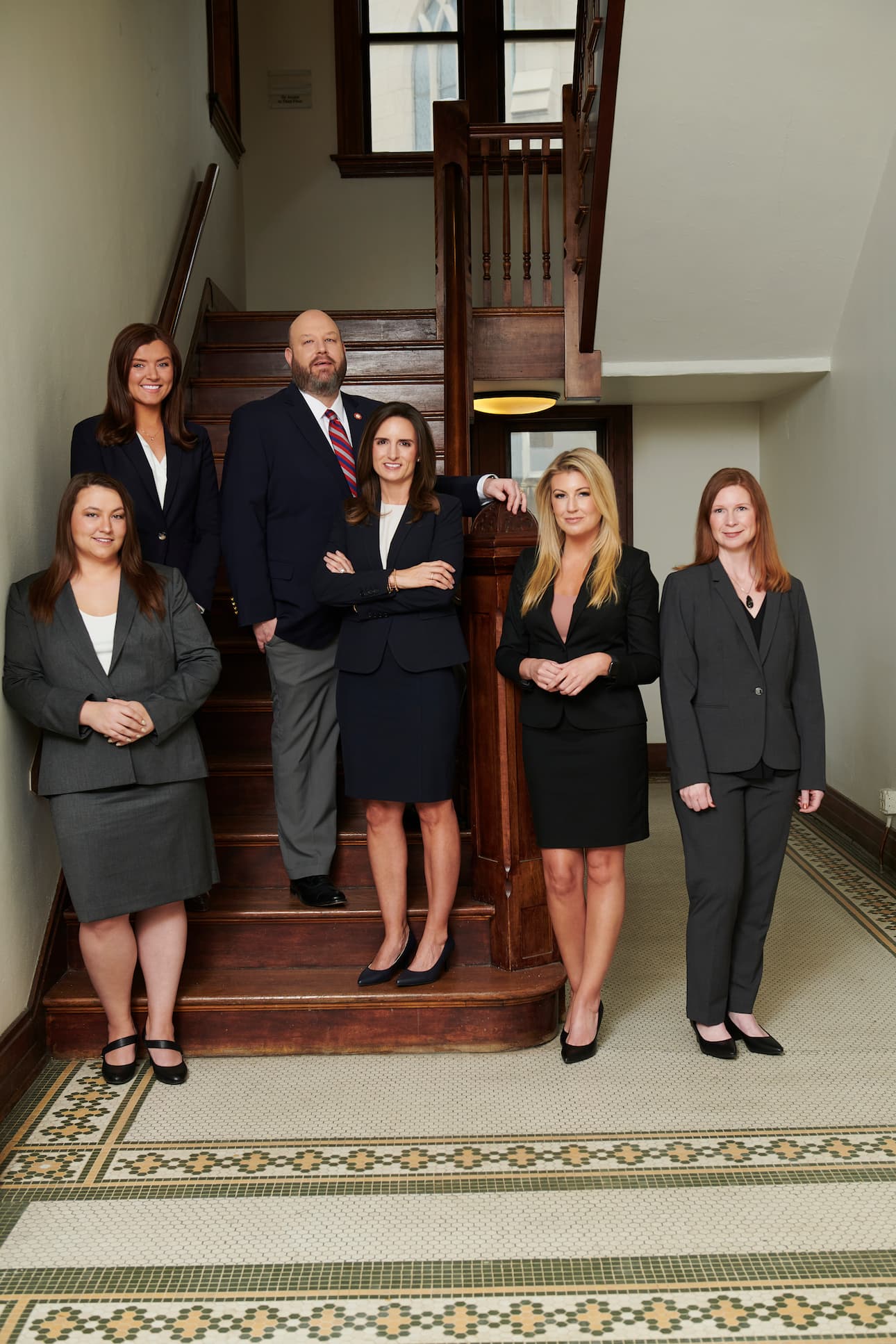When you’re facing a long-term disability, whether it’s a new condition or has affected you for your entire life, you already know that receiving a livable income is full of red tape and confusing paperwork. When you’re facing such financial difficulties, and you’re considering Social Security Disability (SSD), contact one of the attorneys at Hankey Marks & Crider, who can walk you through each step of the process and ensure you meet all deadlines and document requirements.
Hankey Marks & Crider was established in 1975 with a strict set of values: dedication to each and every one of our clients and the knowledge that we each have our own duty to protect our neighbors and fellow citizens. Our attorneys have a total combined experience of 75 years, and during that time we earned every bit of knowledge we’ve needed to become a successful firm time and time again. We know that the application process for SSD is overwhelming and complicated, which is wholly unfair to those who may already be struggling without a steady income or pricey medical visits.
If you are handling a long-term disability, our skilled legal team can help you stabilize your finances by securing the Social Security benefits you deserve. The Indianapolis Social Security Disability lawyers at Hankey Marks & Crider have the experience you need, helping injured and disabled individuals all across the state of Indiana. We have gained the knowledge and the abilities necessary to handle even the most complex long-term disability cases. Contact us today to learn about how we can help you file your initial Social Security Disability claims, build a strong case, and even appeal rejections. You can call us at (317) 634-8565, submit an intake form on our website, or make use of our 24/7 live chat feature.






















